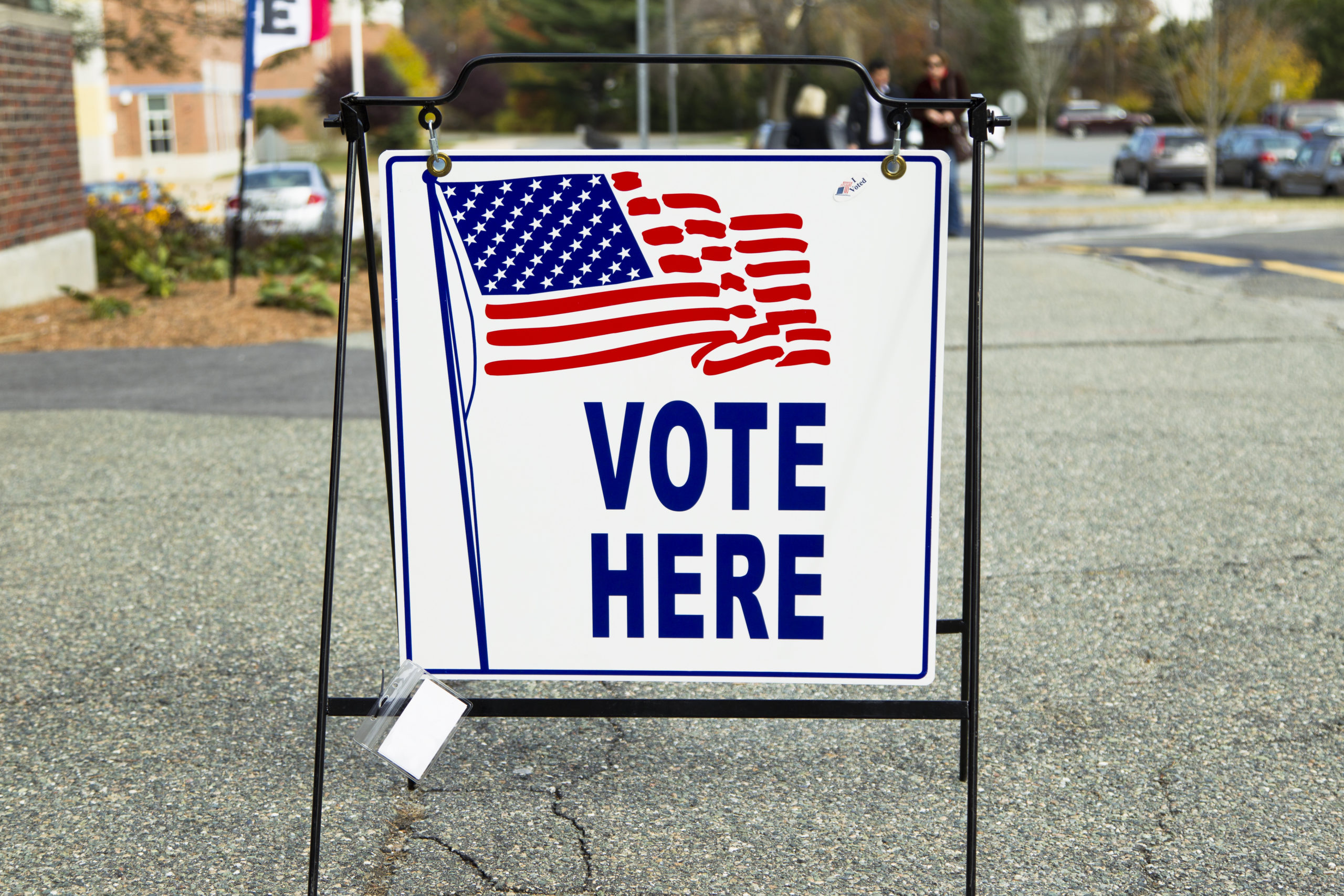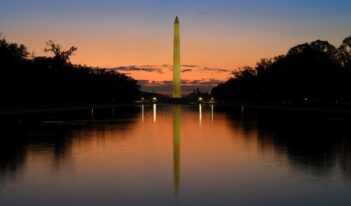
As COVID-19 persists, governments must decide whether, when, where, and how to hold elections.
In the run-up to Wisconsin’s spring election, the governor, state legislature, and state and federal courts engaged in a back-and-forth confrontation about how and when voters would cast ballots. When Wisconsin held its election on Tuesday, April 7, voters turned out despite reduced numbers of polling places, long lines, public health orders to stay home, and fear over the risk of infection.
By holding an election, Wisconsin distinguished itself from other states that have postponed their elections in recent weeks. Elections in the United States reflect global trends; since the beginning of March, at least 47 countries and territories have postponed elections, while 14 countries and territories have proceeded with previously scheduled elections.
The COVID-19 threat to U.S. elections caps off a decade filled with changes to the practice of voting. During this time, the U.S. Supreme Court issued three major rulings governing elections:
- In Citizens United v. Federal Election Commission, the Court held that corporations and outside groups could spend virtually unlimited funds in elections.
- In Shelby County v. Holder, the Court struck down key provisions of the Voting Rights Act.
- Most recently, in Rucho v. Common Cause, after dozens of challenges to the 2010 legislative and congressional redistricting, the Court declared partisan gerrymandering a “political question” that could no longer be reviewed in federal court.
Over the last decade, some state legislatures have changed how they manage voter eligibility and access to the polls. Since 2010, 25 states have passed new voting restrictions, including laws that require voters to present ID at the polls, cabin how voters become and stay registered to vote, and limit absentee and early voting. Between 2014 and 2016, states removed nearly 16 million people from the voter registration rolls, increasing the purge rate by 33 percent, as compared to removals between 2006 and 2008. In addition, Russian interference in the 2016 election and continued efforts to disrupt the 2020 election have, for some members of the public, cast doubt on the legitimacy and security of American elections.
Against this patchwork of court rulings and legislation regulating voting across the United States, state and federal governments are now weighing their options for the November election. At present, 45 states have statutes regulating election day emergencies. In recent weeks, many state legislatures have proposed new legislation permitting the postponement of elections, expanded vote-by-mail and absentee voting, and modified election procedures during emergencies. Many governors have taken executive actions to accomplish similar goals.
This week’s Saturday Seminar focuses on the current debate surrounding whether, when, where, and how Americans will vote in this year’s elections.
- Election officials must determine how to balance democratic concerns with public health risks, argues Michael T. Morley of Florida State University College of Law in a new working paper. Morley argues that despite the broad availability of expert and scholarly advice about election contingency plans, election officials must also understand the options that they should avoid adopting. Morley outlines six potential courses of action—including internet voting and postponements—and evaluates each option’s potential to undermine the integrity of November’s elections.
- Although electronic voting (e-voting) may ensure election integrity and efficiency, concerns about security, public confidence, and the accuracy of such systems have prevented e-voting’s uniform implementation across the globe. In a recent study, Essam M. Hamed and Mohammad Hosam Sedky of the Arab Academy for Science, Technology and Maritime Transport discuss various electronic election processes and argue that their proposed voting model can address the typical obstacles. Through increased authentication and encryption techniques in pre- and post-election phases, enhanced auditing measures to prevent fraud, and additional considerations made for costs, Hamed and Sedky argue that their proposed model creates an electronic voting system that overcomes barriers that have prevented successful implementation in the past.
- In a recent policy brief issued by the Mercatus Center, Daniel Shoag and Stan Veuger propose using postal ballots in November’s general election. Requiring in person voting would be “irresponsible,” they argue, because of health risks and results distorted by lower turnout. Pointing to Oregon as an example of “the best large-scale, long-run, exclusive vote-by-mail system in the United States,” Shoag and Veuger encourage states making adaptations with limited time to look to existing models. Although Shoag and Veuger identify drawbacks to postal ballots—notably “the possibility of coercion and fraud”—they highlight effective mitigation measures taken by vote-by-mail states and conclude that these risks are outweighed by the unpredictability of the pandemic and the threat to election legitimacy.
- New state action regulating voting will almost inevitably be challenged in court. When absentee voting regulations are challenged, state court review should focus on undue burdens to the constitutional right to vote, Sal H. Lee argues in a new student comment in the Iowa Law Review. Lee asserts that state courts should shift the burden to the state—not the voter—to justify regulations “that make it more burdensome for a voter to cast a ballot.”
- In a new article in the Election Law Journal, Holly Ann Garnett of the Royal Military College of Canada examines how states use the internet to communicate with citizens and transmit electoral information—which can help foster trust in election results. Garnett notes that state election administration websites provide valuable details about voter registration, election results, and voting logistics. She argues, however, that these websites are less likely to provide key information to ensure accountability and transparency, such as how voters can lodge complaints or report security concerns.
- States are underprepared to hold elections during emergencies in part because emergency election laws are anemic, leaving election emergencies to the courts’ purview, Michael T. Morley argues in an Emory Law Journal article. Morley criticizes judicial responses to early twenty-first century election emergencies, including September 11 and Hurricane Katrina. A better solution, he argues, would be to adopt robust election emergency statutes that empower election officials to respond to emergencies and appropriately balance “preserving the right to vote” with “protecting the integrity of the electoral process.”
- In a working paper, Christopher H. Achen of Princeton University and Larry M. Bartels of Vanderbilt University argue that voters regularly punish governments for “acts of God,” such as droughts, floods, and shark attacks, because voters’ views of their government are often based on changes to their own welfare rather than the capability of their leaders. In light of voters’ “blind retrospection” in voting practices, Achen and Bartels call for a reexamination of the democratic process.
The Saturday Seminar is a weekly feature that aims to put into written form the kind of content that would be conveyed in a live seminar involving regulatory experts. Each week, The Regulatory Review publishes a brief overview of a selected regulatory topic and then distills recent research and scholarly writing on that topic.



